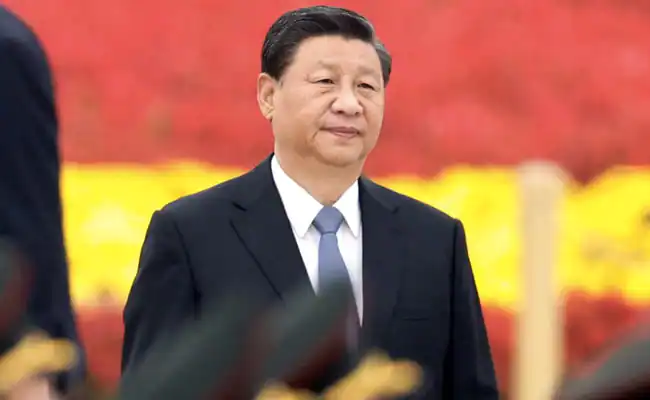Chinese President Xi Jinping’s third term will bolster the authoritarian regime in China blurring the distinction between the country and the party – the Chinese Communist Party.
As the meeting of the 20th party congress of the Chinese Communist Party approaches, there is renewed interest in the party’s control over the country, reported Tibet Press.
The party has for long worked toward erasing the distinction between the country and the party. Current leader Xi Jinping, even more than his predecessors, “has striven to condition the people of China to view themselves not as members of the ancient Chinese civilization, but as cogs in the CCP machine”.
The word, “China,” was likely first used during the Warring States period (475-221 BCE) to refer to the central states of the Yellow River valley, according to China watcher Jimmy Chien, writing on the American defence website, DefenseOne.
In 1949, when control of the traditional territory of “China” passed to the People’s Republic of China, a state ruled by the Chinese Communist Party.
“As understood by Chinese people, the PRC is the political power that controls the civilizational territories of China. Many Chinese-language speakers pronounce PRC in such a way that it denotes the Communist Party and not the country,” according to Chien.
Chien analyses Xi’s policy of blurring the distinction between the two: “But Xi’s quest is abetted by the widespread use, in English-language commentary, of “China” to mean the PRC. Positive news brings pride to the Chinese people, while the CCP takes all the credit. And negative news invokes a sense of attack on the civilization at large. This is one of Xi’s most successful tactics: rallying the Chinese people against foreign attacks on China. By understanding the differences and correctly using the terms ‘PRC’, ‘CCP’, ‘China’, and ‘Chinese’.”
At the ground level, it was easier for the CCP to become as important as the country, if not more, because right from the founding of the People’s Republic of China in 1949, the Communist Party closely oversaw every aspect of life in the country, reported Tibet Press.
The Party is deeply entwined with all aspects of the government. The government, the military, society and schools, north, south, east and west – the party leads them all, top quote a Chinese analyst who quoted a line written into the Communist Party of China’s charter in 2017, reflecting President Xi Jinping’s philosophy that the party should lead in all spheres: not just in politics, but also in the economy and social life.
The CCP is entrenched in the Chinese government, broadly in three forms. One, all senior government officials and the leaders of state enterprises, schools, hospitals and social groups, such as the worker unions, are appointed by the party and senior positions have to be held by party members.
Two, committees elected by the party oversee all government departments, state enterprises and public institutes. The committees exist on all levels, including at the grass-roots level such as in rural villages. Finally, the party puts great emphasis on promoting and controlling ideology.
This is done through media, education, “self-reflection” sessions in government units, and requiring all officials to adhere to the party’s decisions, reported Tibet Press.
Moreover, between 2012 and 2017, Xi Jinping introduced sweeping institutional reforms “to integrate the party and the state and form a highly centralised, top-down governing system”.
Xi chairs “eight party commissions that outrank other party apparatus and government departments”. They cover the core areas: state security, internet security, military-civilian technology transfer, diplomacy, finance and economy, military reform and national audit.
Xi also merged many government departments into the party apparatus, in a move that further blurred the line between the party and the state, reported Tibet Press.

